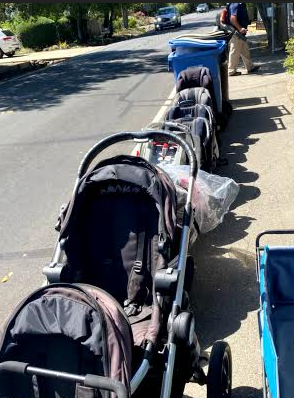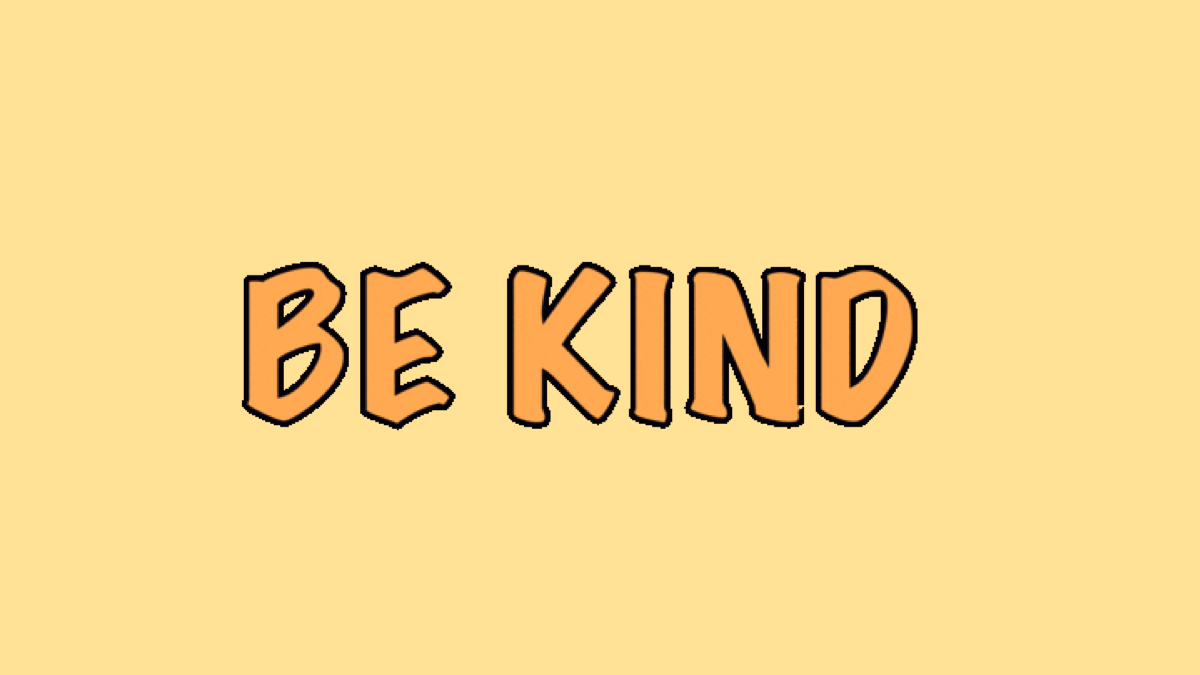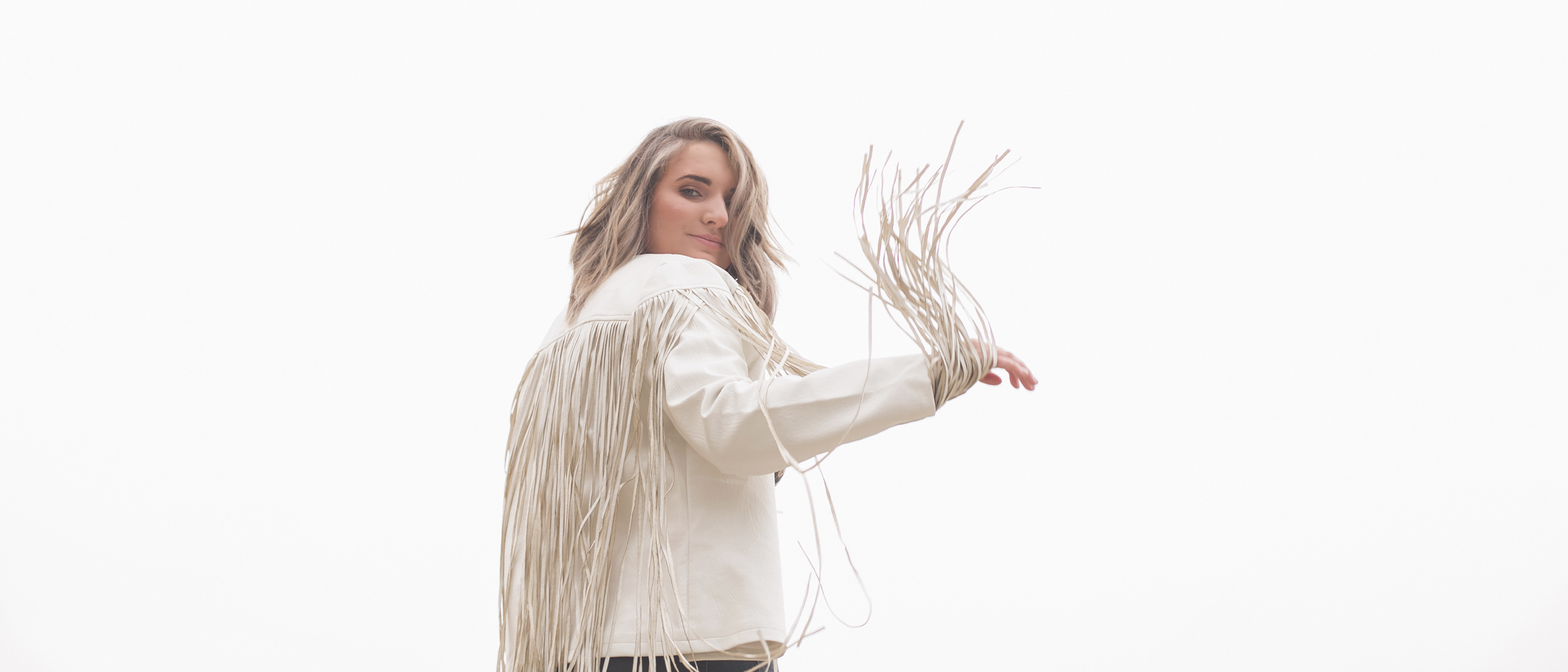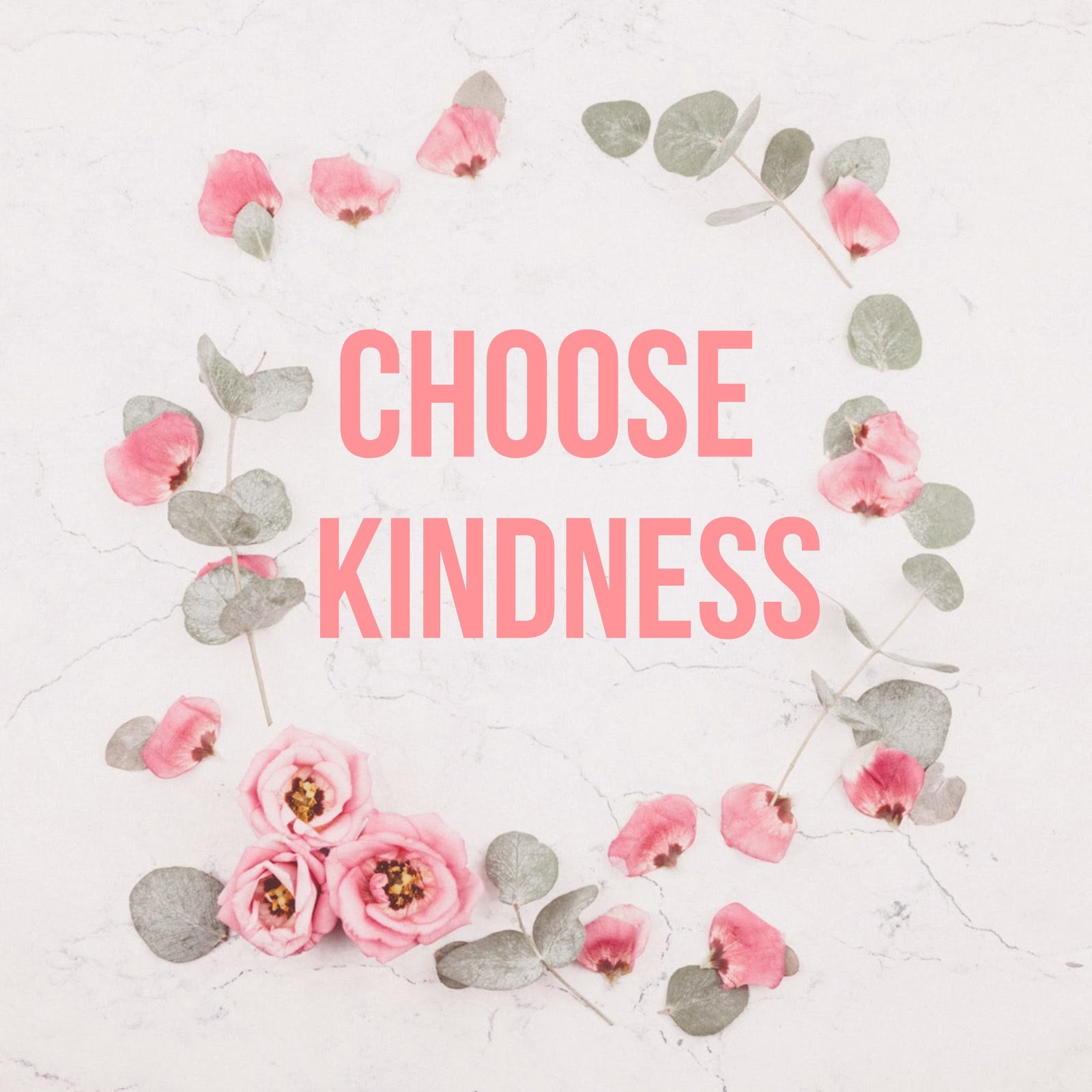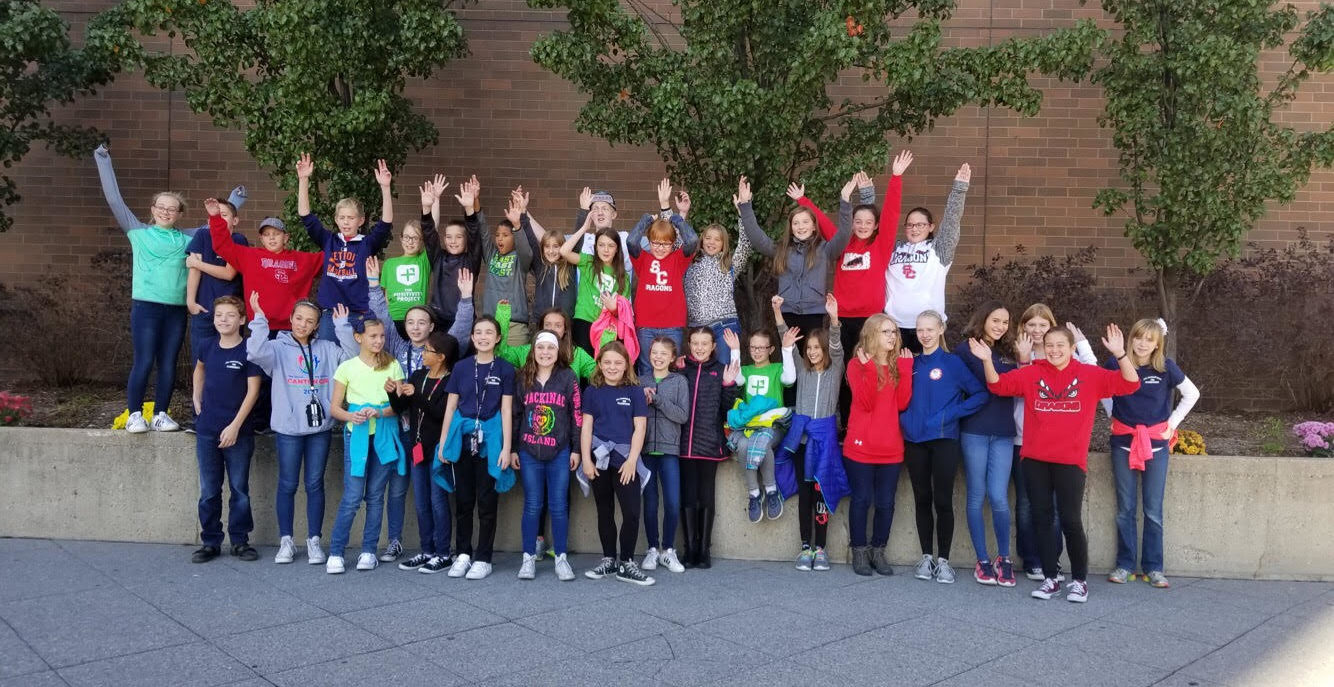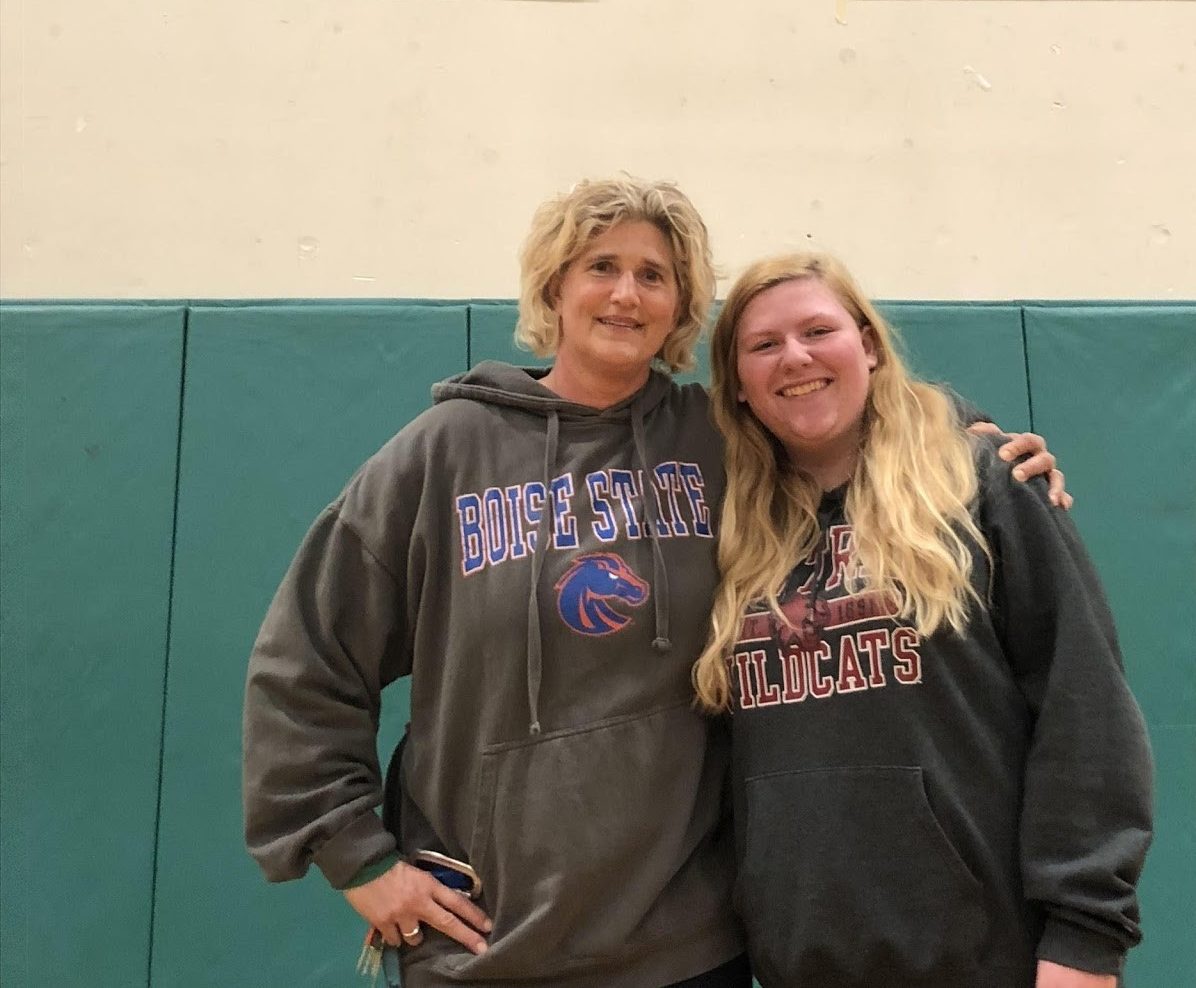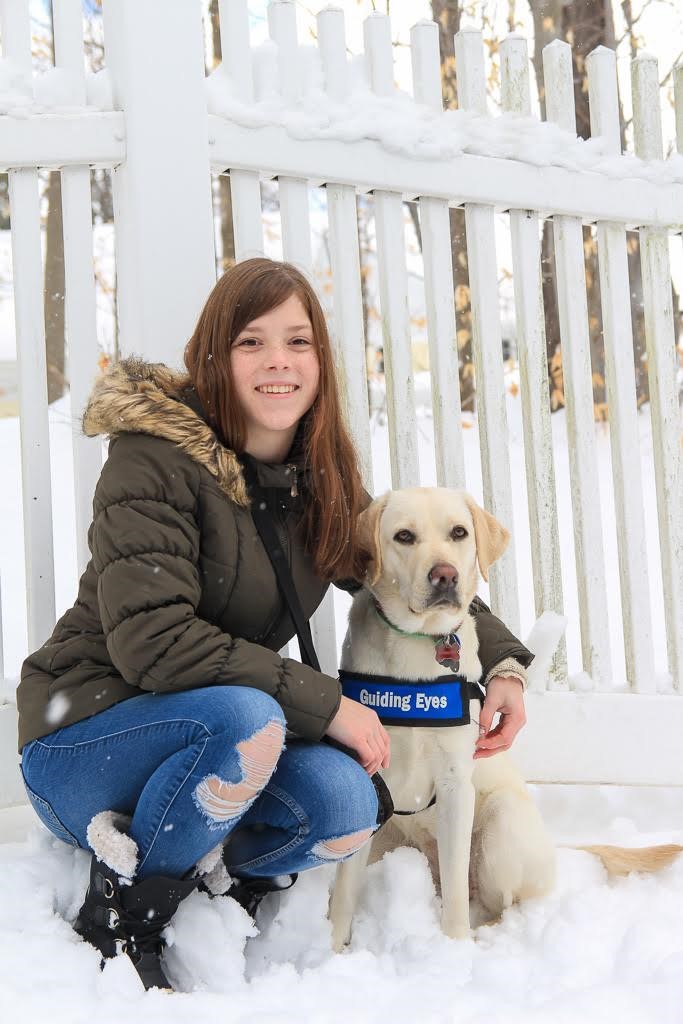Many people think that college students take everything for granted. People are under the impression that students walk from class to class and go about their days without paying much attention to the people around them. While this may sometimes be true, I’ve seen my fellow students at Northeastern University break this “stereotype.”
This February, Boston got about fourteen inches of snow, closing down the university for the day. While all the students, including myself, were excited to spend all day indoors and get an extra day to get ahead on work, it was easy to forget the other side of the situation. To help keep students safe and allow for them to go about their day with minimal disturbance, many university employees were on site to keep campus running smoothly. Throughout the storm, maintenance workers constantly shoveled the walkways while in dining hall employees came into work so that the students could eat on campus.
Initially, I was relieved that everyone was working to make sure that my plan for the day would not be disrupted. This prompted me to realize just how kind it was of the employees to be working in such adverse conditions to help the students feel at ease. Luckily, I wasn’t the only one to realize this.
As I headed downstairs to the dining hall, I overheard my fellow students discussing how much they appreciated the work the maintenance and dining hall staff were doing given the conditions: I can’t believe they are all working right now! My walk here wasn’t even that bad because the sidewalks were so clean. I’m glad that I’m able to do my work how and where I want even though it’s so gross outside.
Later in the week when I went to dinner, I chatted with the employee that swiped me into the dining hall. When I thanked her for coming into work on the snow day, she responded she was glad that the students could eat. This employee, and the other university staff that came into work that day truly embody the idea of kindness: they did what others needed without expecting anything in return.
These acts of kindness and appreciation extend throughout Northeastern’s campus. Alex Bender, a second-year resident advisor, spoke to me about the acts of kindness that he has seen in his time here. “The example that comes to mind first specifically relates to when I was an orientation leader [OL]. As an OL we would get “husky points,” which were written forms of recognition for the orientation staff. The orientees would take time out of their day to recognize the impact others made on them in the kindest way. I have also seen so many incoming students go out of their way to be inclusive and engage with the shy students.”
Seeing this culture of kindness at Northeastern has inspired me, and research shows the students who participate in it are likely to receive benefits of their own. A 2009 study conducted by Dr. Stephanie Brown and the University of Michigan found that people who were regularly kind to others were likely to live longer. I don’t know about you, but I think that being kind to others to ultimately live a little longer is incentive enough.
We all need to be those students who openly expressed their gratitude. Take the extra step and let people know how grateful you are. Being kind without expecting anything in return is important, but it is just as important to let the kind people around you know that you appreciate all that they do.










